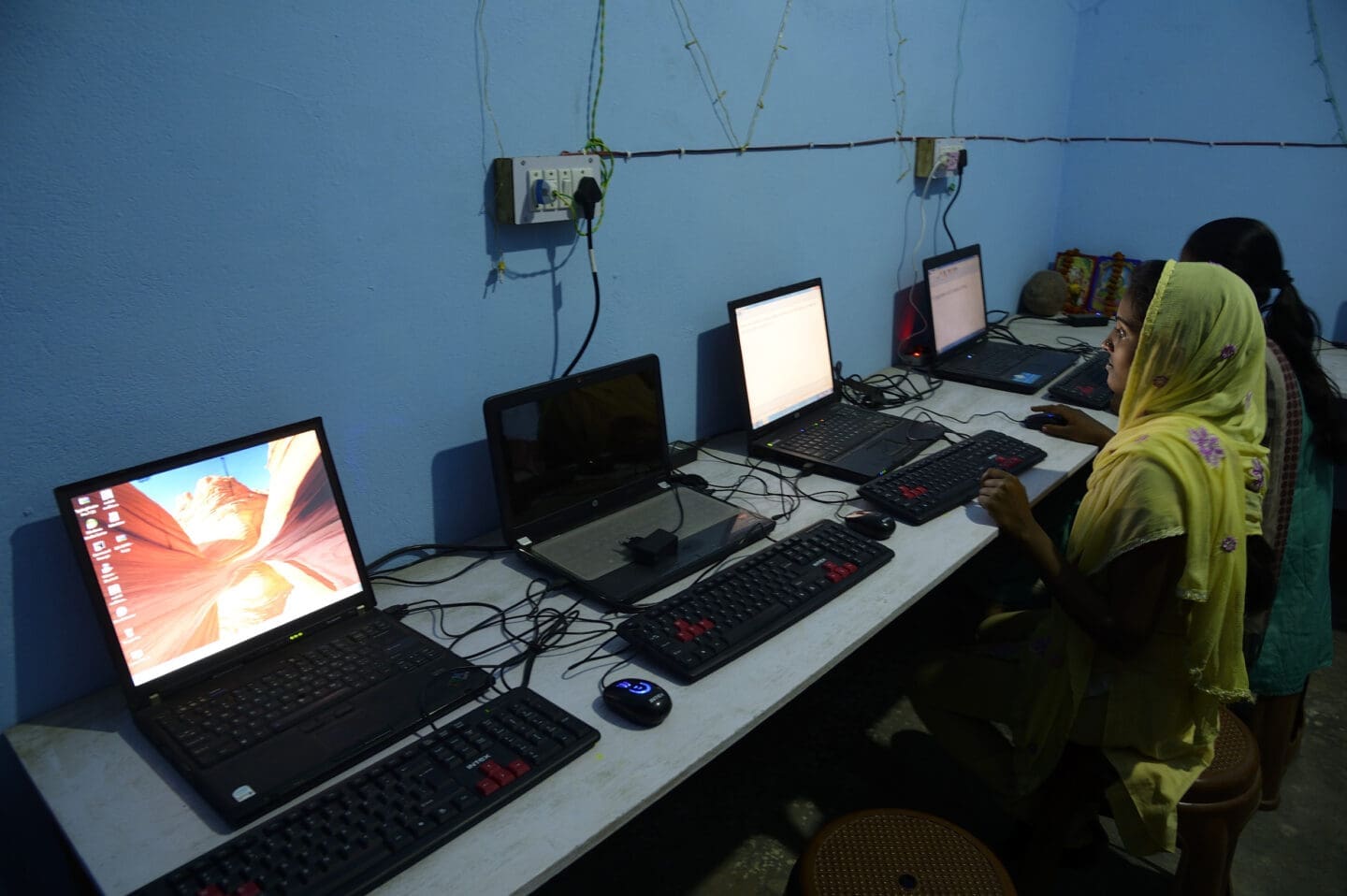Unless this issue could be resolved, the venture would come to a halt.
Within the first year, Vermani recalled, “we understood clearly that we had to realign the program by focusing on how reliable electricity could make microenterprises more productive,” a lesson the initial team had also learned.
SPI’s goal was to pivot toward serving the energy needs of a broader range of micro-businesses through an approach dubbed “CELAMeD” – Community Engagement, Load Acquisition, and Micro-enterprise Development.
What Kind of Business?
With this in mind, SPI grew its field team, and began making start-up resources available. Samit Mitra, who also came from the corporate world, was given the business development job.
“We supported about 80 different kinds of enterprises,” he recalled. “We had to learn about the business and then create business models. For instance, dairies. All I knew about milk was that it was delivered at my doorstep. Now, I had to deeply understand how it is produced, how the value chain works, how milk businesses operate.”
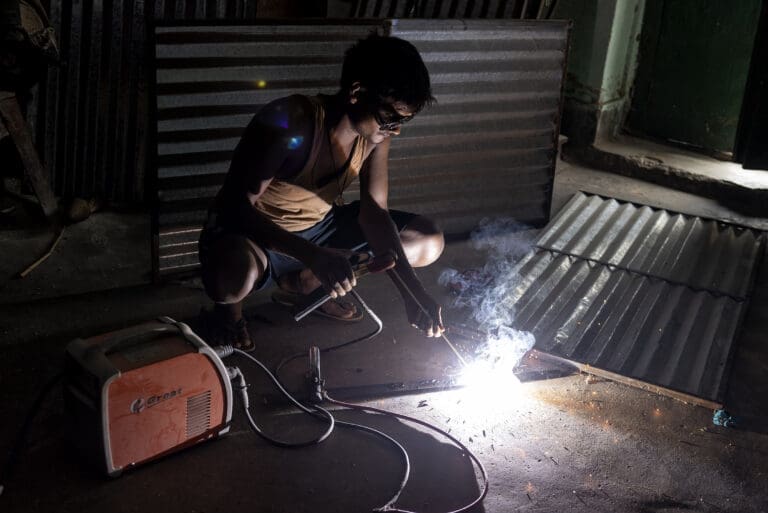
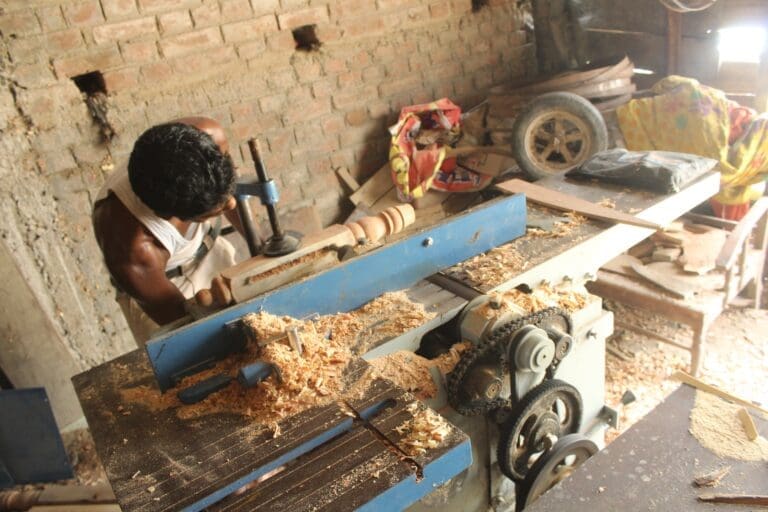
He and the SPI team quickly realized that start-up capital alone wasn’t always sufficient to ensure a business would be successful and have long-term needs for reliable electricity. Each business and its environment needed to be evaluated one by one.
Take tailors, for instance.
Local rural markets couldn’t absorb all the shirts and trousers. The nearest town with potential consumers might be 60 or 70 miles away.
Did that business make long-term sense?
Or beekeepers. How would the honey be packaged, and how far did it need to travel to reach enough consumers?
On the other hand, clean drinking water was a necessity, so a reverse osmosis plant serving 100 local homes might be a good sustainable bet. High local demand for cooking oil meant an oil milling operation might succeed.
A lot to consider beyond solar mini-grids.
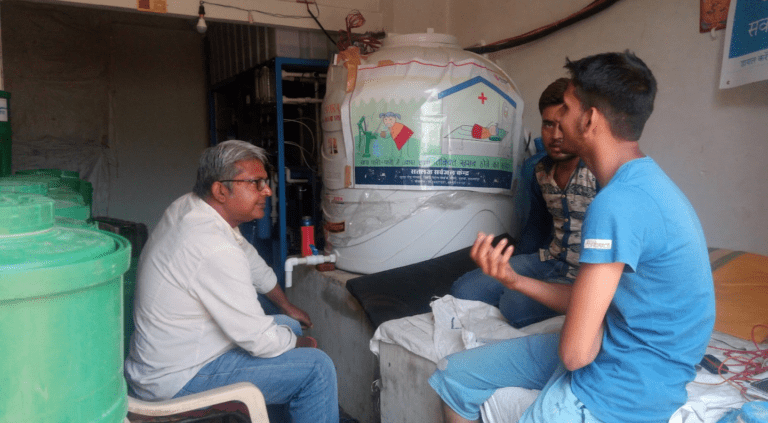
Equity: Don’t Forget the Women
There was also the issue of equity.
Sureshbabu recalled walking down the buzzing main street of a rural community in Uttar Pradesh not long after SPI supported a private developer in installing a solar-powered mini-grid. That was thrilling. But yards away, in the village’s residential area, she found women cooking over fires and helping children with schoolwork in homes that weren’t connected to the grid.
“We have to start treating gender equity and energy access as the intersectional issues they are,” she said.
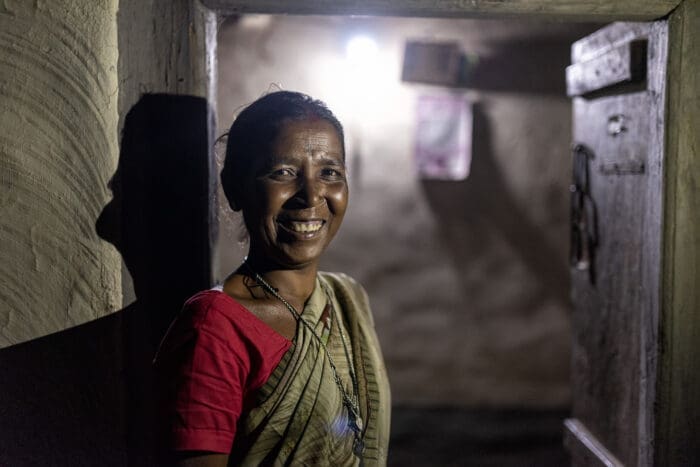
Deepali Khanna, who was hired into The Rockefeller Foundation in 2015 to help oversee SPI and is currently Vice President of the Asia Regional Office, also noted the gender inequities.
“What we found is that if electricity came into the home, the man of the house would place the lightbulb where it was convenient for him,” Khanna said. “But the woman—once we asked her—would say: ‘What about light where the kids can study? Light where I need to cook at night? What about light on the street for women’s safety?’”
“I knew this had to change,” she said. “We had to make sure marginalized women were involved in the decision-making.”
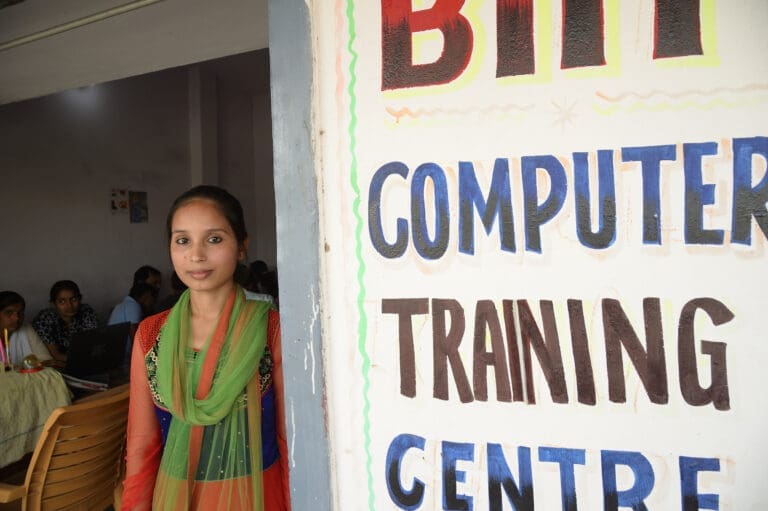
There were high spots in the gender equity work. Mitra recalled with pride that SPI helped train about 400 women to collect utility bills in their local villages in the eastern state of Odisha.
Bill collection rates jumped from about 40 percent to nearly 90 percent, and on top of that, the women were earning more than the minimum wage while growing confident and feeling empowered, he said.
The pilot worked so well that the utility company adopted it in other places, training thousands more women.
